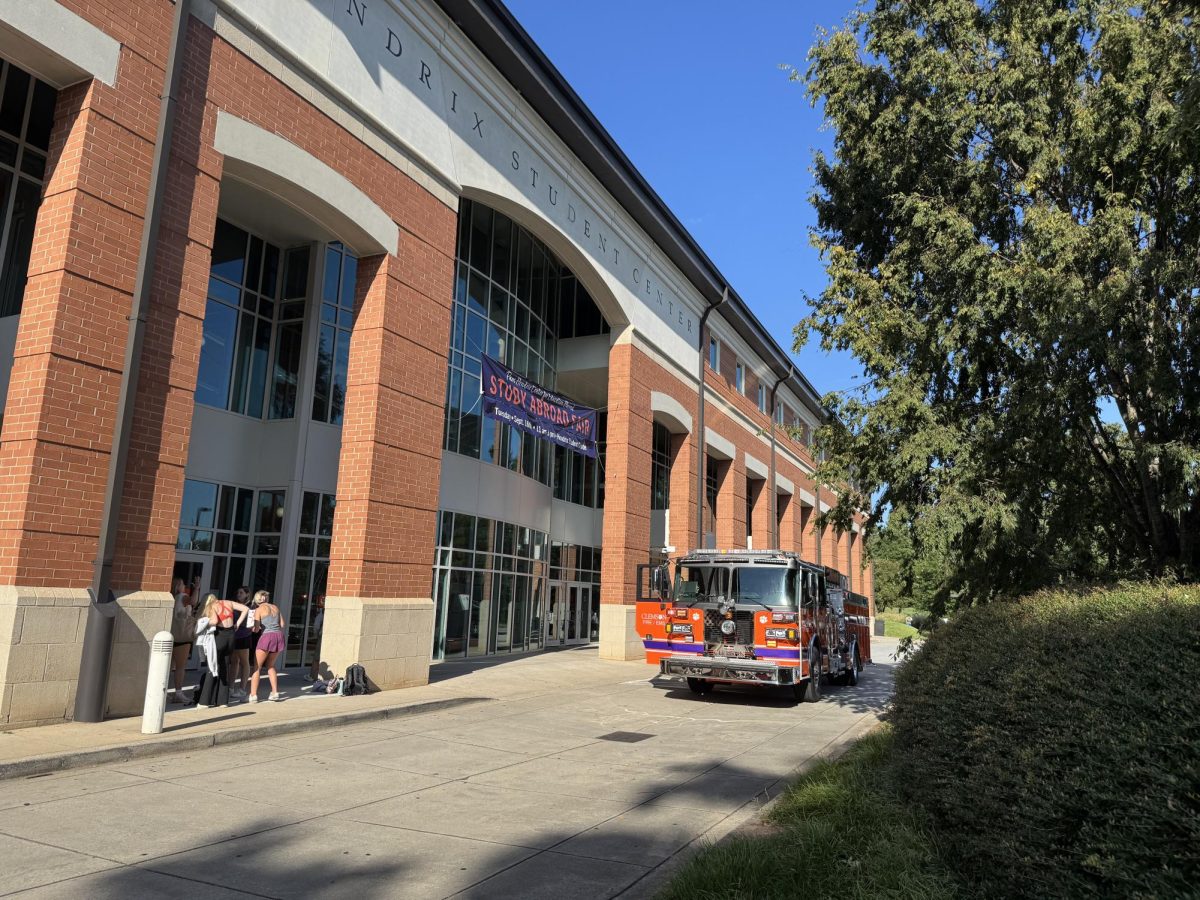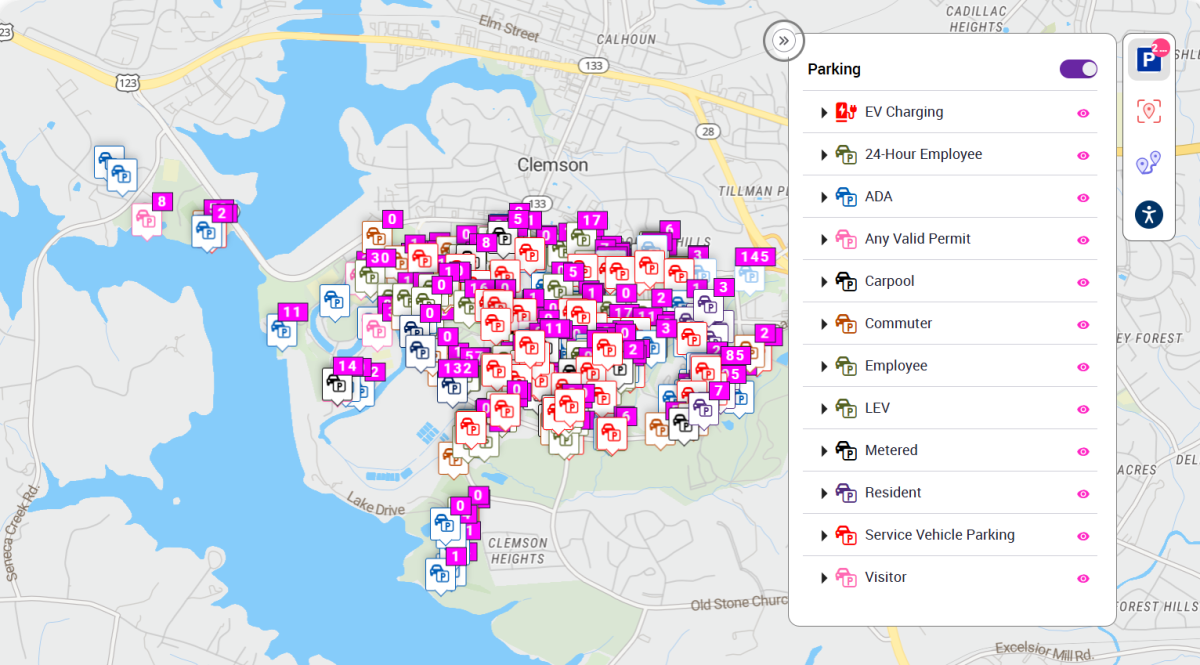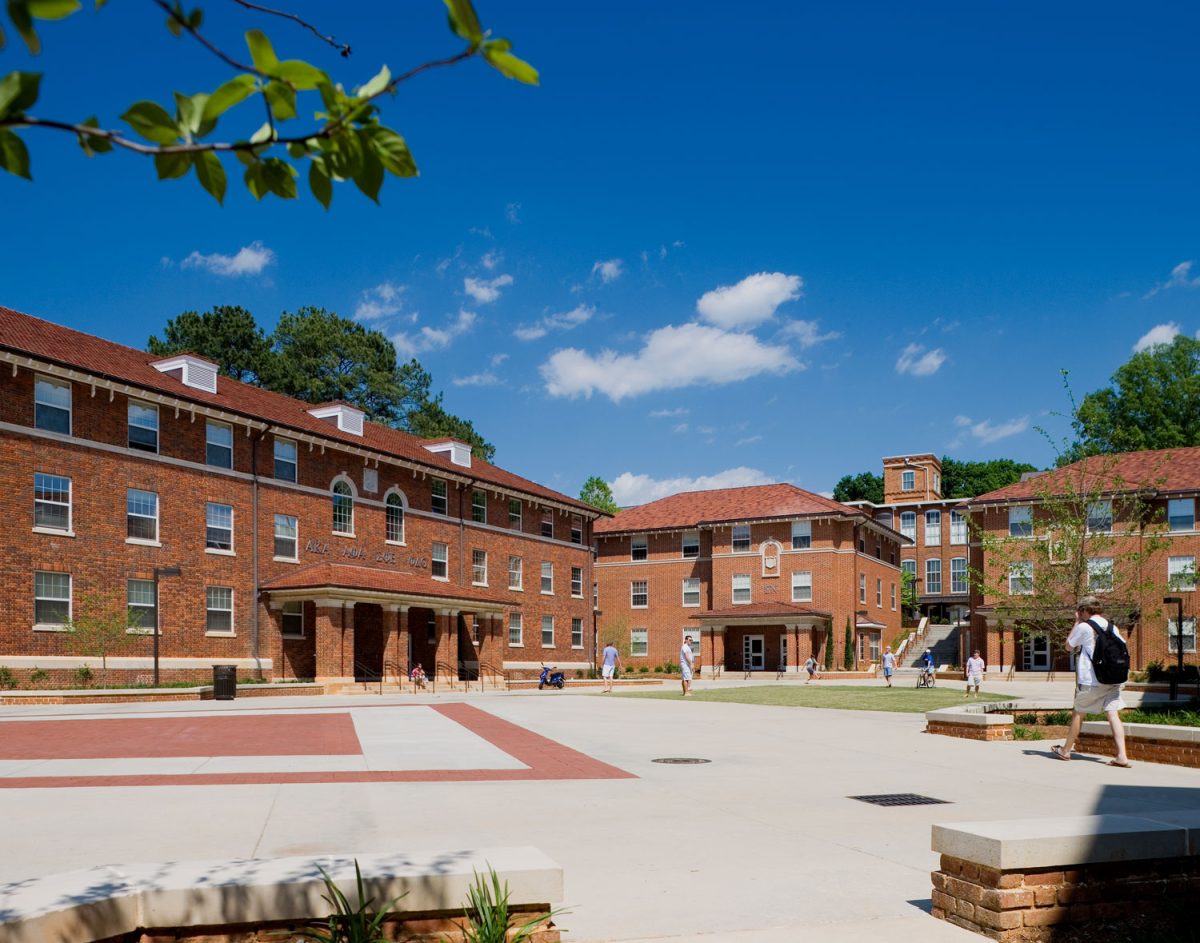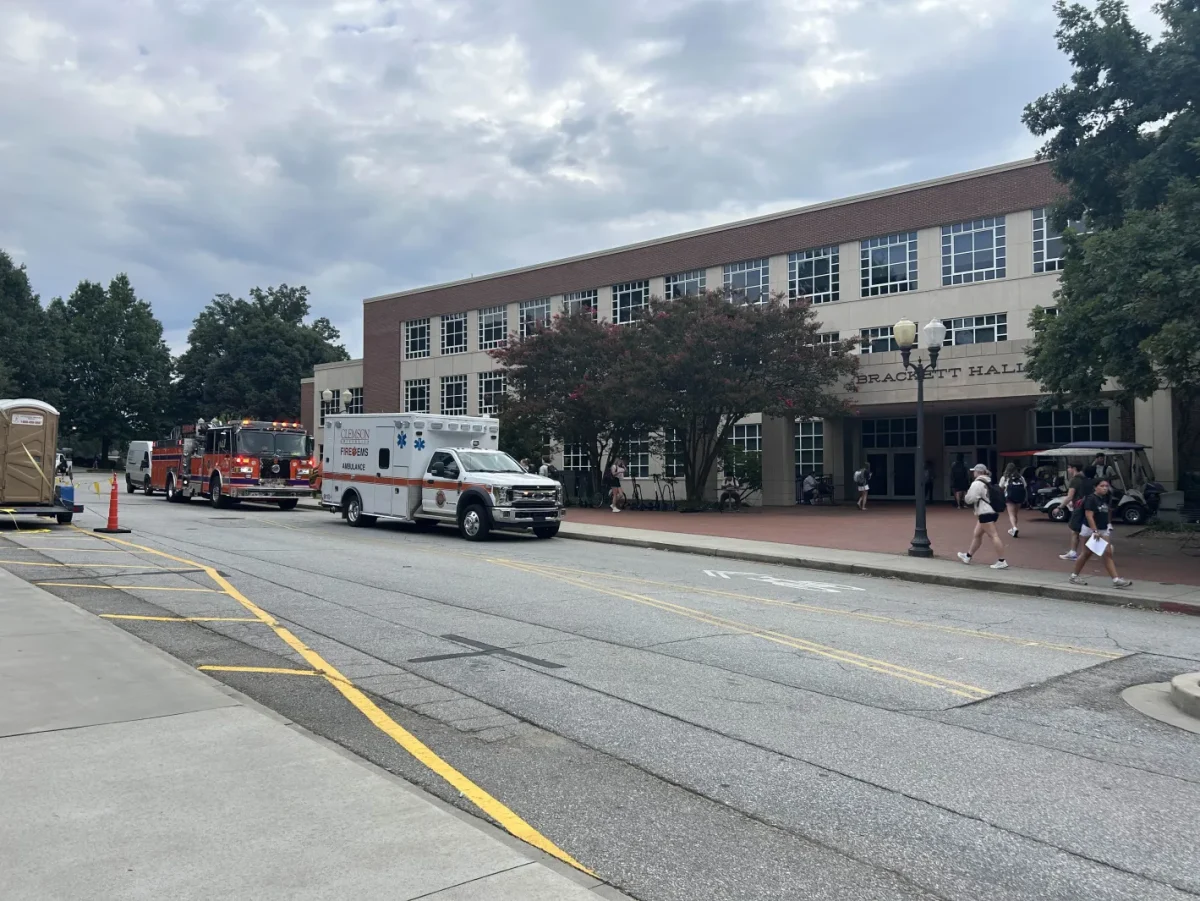Editor’s Note: An earlier version of this article incorrectly stated that the University plans to increase enrollment to 50,000 students. There are no plans to do so at this time. The Tiger regrets this error and has since corrected it.
This year, more undergraduate applicants were accepted to Clemson University through “early action,” according to David Kuskowski, associate vice president for enrollment management, at the quarterly Clemson University Board of Trustees meeting on April 4.
Of 23,302 undergraduate students admitted for the 2024-25 school year, 13,822 students were admitted in “early action” decisions sent on Dec. 15, 2023, while 9,480 students were admitted in “regular decision” communications sent on Feb. 15.
Kuskowski said during the meeting that there were 60,617 total undergraduate applicants during the 2023 admissions process.
As stated in the meeting, 3,283 applicants have already fully committed to Clemson with deposits. By this time last year, only 2,508 deposits had been submitted, which Kuskowski attributed to earlier decision releases.
Kuskowski noted that few “early action” applicants are denied from Clemson and that many of these applicants are from South Carolina, which leads to more “early action” acceptances due to Clemson’s goal of reaching a certain number of students from South Carolina.
“Most students, if they don’t get a ‘yes’, they get deferred,” he said.
Kuskowski then noted that for the admissions process beginning in August 2024, the word “deferred” will not appear in communications about admissions.
Kuskowski did not specify if another word would be used as a replacement but mentioned that if “early action” applicants do not receive a “yes” from Clemson, they will be moved forward to the regular decision pool.
“We all remember what it’s like to be 17 or 18, and it’s really hard to not hear ‘yes’ as anything other than no … we’re not saying ‘no.’ We still have to give it a little patience, but we will not use the word (deferred) in the letter anymore,” Kuskowski said.
The total growth in the applicant pool this year is 2.1%, but the growth in South Carolina students is 3.7%.
“Seeing more growth in the state has very positive news,” Kuskowski said during the meeting.
These numbers reflect the University’s recent decision to increase Clemson’s student population by 2% every year.
Furthermore, there was concern in Clemson Undergraduate Admissions that the applicant pool this year would be negatively impacted by the joint U.S. Supreme Court rulings of cases Students for Fair Admissions v. Harvard and Students for Fair Admissions v. UNC.
The rulings passed over the summer of 2023 banned institutions from using race as a deciding factor in college admissions. Questions were raised about how the decision will affect applicant pools at institutions across the nation, especially at highly selective universities.
Clemson saw overall strength in their applicant pool, except for a 3% decline in applicants from underrepresented populations.
“The quality of the students, of the pool, is as high as it’s been,” Kuskowski noted.
Additionally, Kuskowski noted that the May 1 deposit deadline will be postponed because of delays in Free Application for Federal Student Aid, commonly known as FAFSA, applications.
The 2020 FAFSA Simplification Act caused many alterations to the processes used to award federal student aid beginning in the 2024-25 academic year. These changes have brought “hiccups” that are impacting colleges and universities nationwide.
Currently, the University will be able to send financial aid packages in the last week of April, but that date may need to be changed.











Foolishness • Dec 14, 2024 at 3:05 pm
Curious what the in state acceptance rate vs the out of state EA acceptance rate was..absolutely no mention of this in his remarks. NC has a cap of 18 % out of state for UNC and UGA accepted 20 % out of state. Clemson is sitting at 49 % out of state for freshman 2023/24 class and USC at 48 %. Tell me why I pay taxes in SC for in state university and my kid is deferred a 4.9, top 12 % of his class and 40 hours of DE, since she was a sophomore. She can get into Auburn and even at UGA with a 20% OOS, but not in her own state. It’s ridiculous and there needs to be some criteria set for in-state schools and in-state students. Before you respond, I’ve asked what gpa’s these OOS students are coming in with, etc. it’s nothing near a 4.9/3.9.